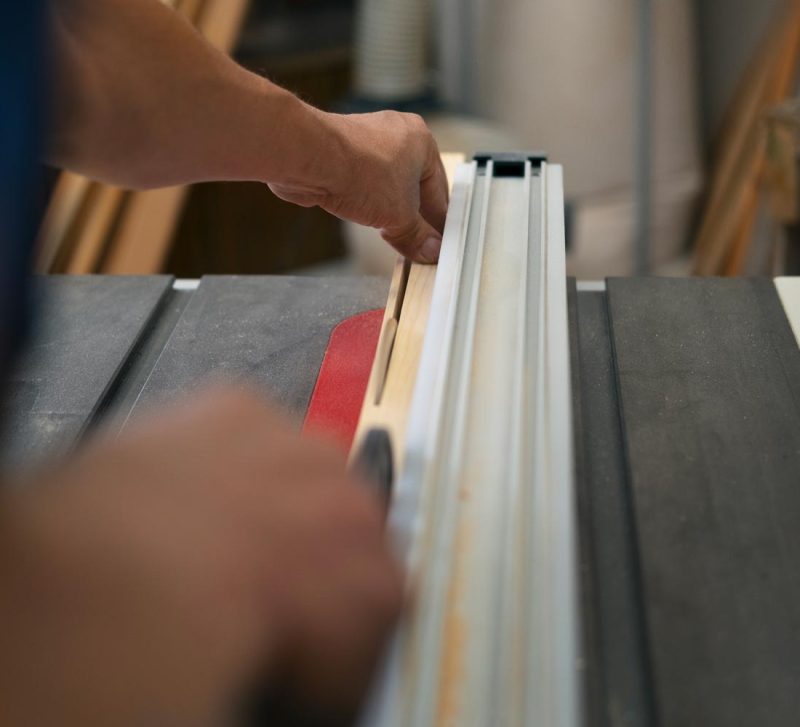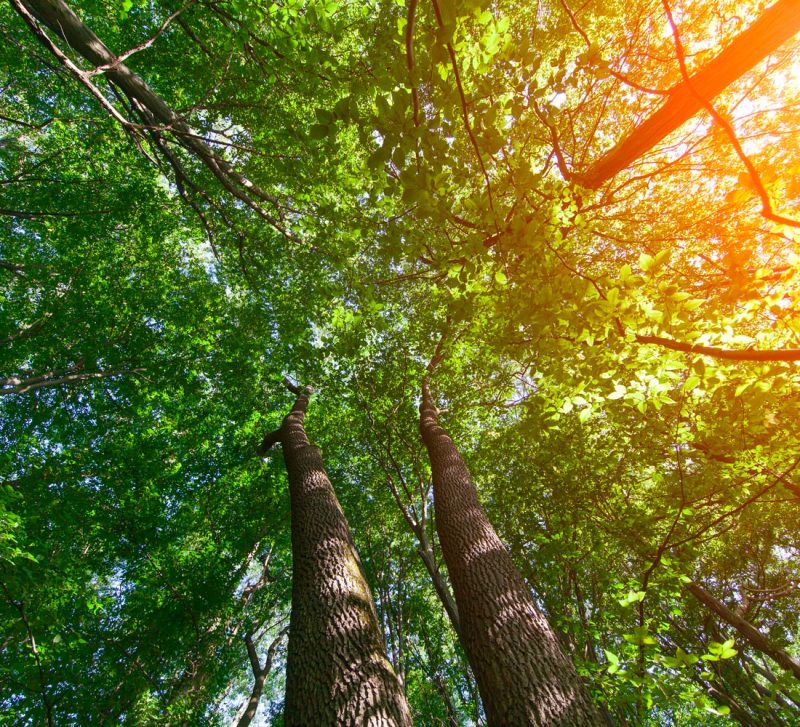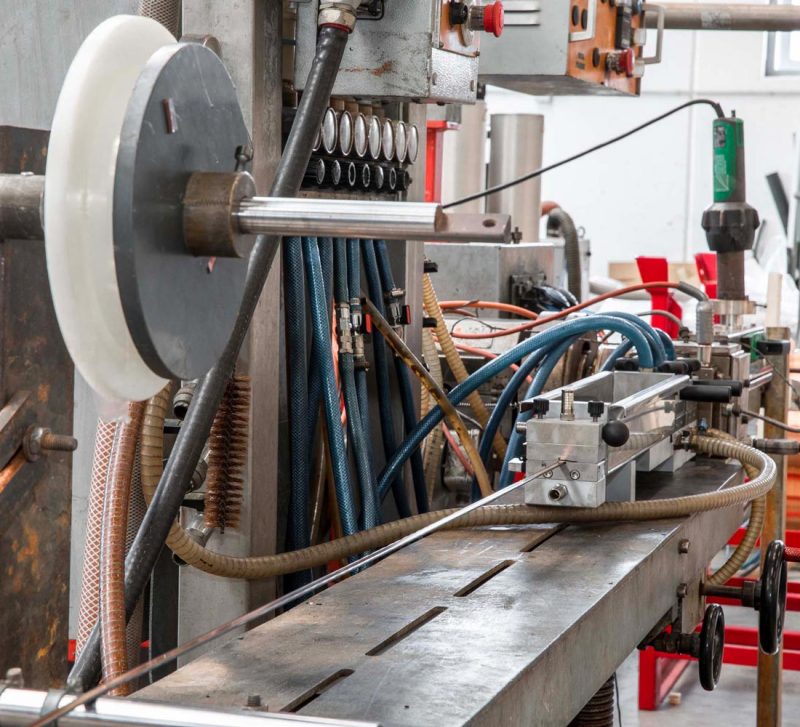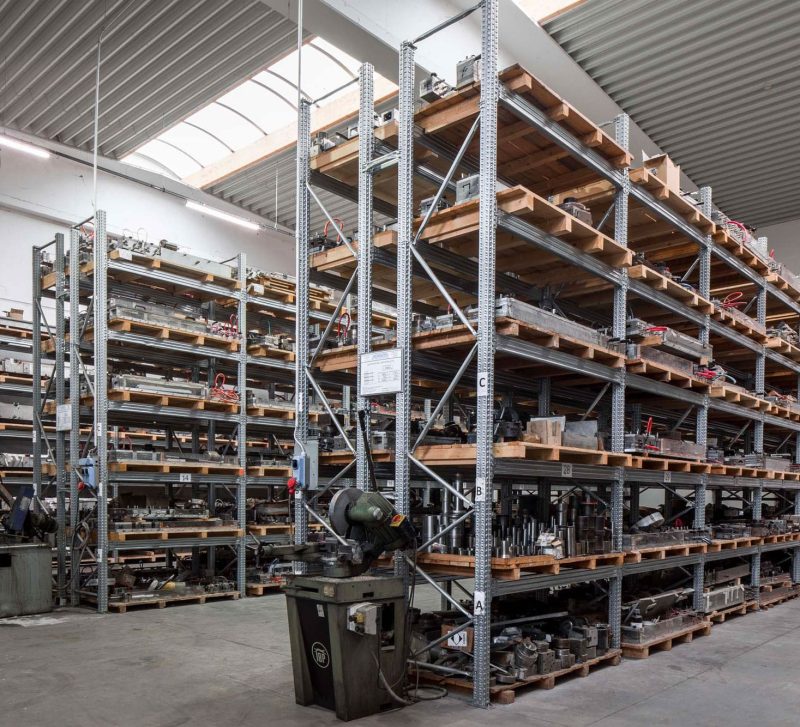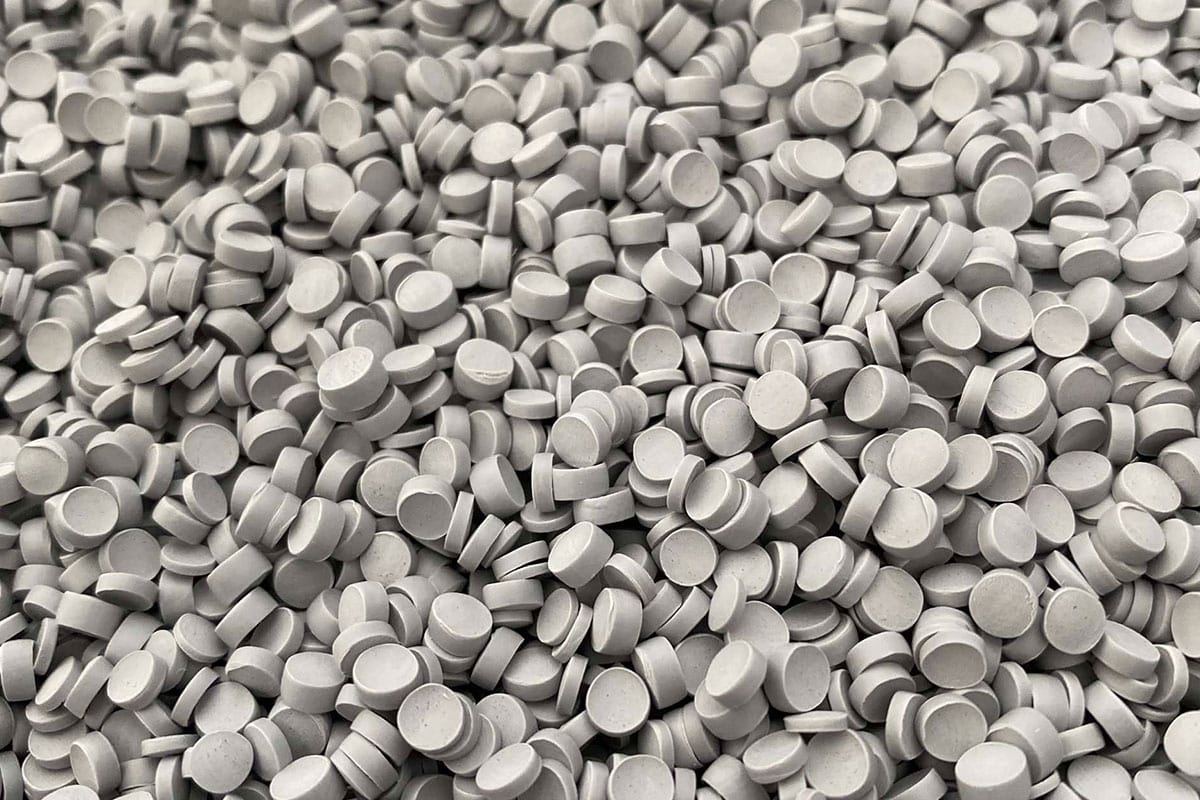
The 2030 Agenda, adopted by all United Nations Member States, aims to establish a global action plan for sustainability. We are called upon to develop innovative and responsible solutions in all areas, knowing that our decisions will have an impact on the environment. In the plastics industry, biodegradable polymers have been receiving increasing attention lately. These materials represent not only an environmentally friendly option, but also a key step toward a circular economy where resources are used more efficiently and responsibly.
Towards a sustainable future: commitment and innovation for the 2030 Agenda
The adoption of biodegradable polymers is a small but significant step in the right direction to achieve the goals of the 2030 Agenda. It aligns perfectly with some of these goals, particularly those related to responsible production and consumption (SDG 12), the fight against climate change (SDG 13) and pollution, and sustainable management of natural resources.
By reducing reliance on non-biodegradable plastics we can significantly decrease the impact of the manufacturing industry. In addition, one of the biggest environmental problems today is plastic pollution. Biodegradable polymers offer a promising solution to this challenge, significantly reducing the volume of plastic waste that ends up in landfills and in the oceans.
Biodegradable polymers for a sustainable choice
Biodegradable polymers are made from natural sources such as starch, cellulose, wood, sugarcane and biomass. Their use reduces our reliance on nonrenewable resources and promotes the transition to a circular economy. A great benefit of biodegradable polymers is their ability to address the waste problem, especially the growing issue of plastic waste in seas and natural ecosystems.
These materials are designed to be disposed of in an environmentally friendly way, decomposing into natural elements such as water, carbon dioxide and organic compounds as a result of biological processes. They degrade faster than conventional plastics due to the action of naturally occurring microorganisms such as bacteria, algae or fungi. This process helps reduce the accumulation of plastic waste and preserve the health of terrestrial and aquatic ecosystems.
VBN is leading the future
With more than 65 years of experience in plastic extrusion, VBN is leading the way for a sustainable future. The introduction of biodegradable polymers into the production system, along with responsible use of energy, show VBN’s commitment to supporting the Agenda 2030 goals for a green economy.
By optimizing processing steps and adopting advanced technologies, energy consumption can be reduced, developing an efficient and environmentally friendly production system. Our dedication to sustainability is reflected in our choice of biodegradable polymers as raw materials. We are always looking for innovative solutions to contribute to a responsible use of resources, in order to build a fairer and healthier future.

